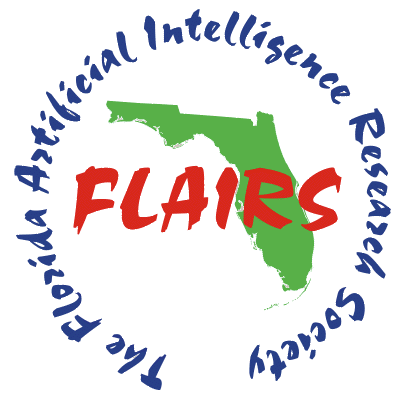Advancing Precision Healthcare Analytics: Machine Learning Approach-es for Diabetes Prognosis using the PIMA Indian Dataset
##plugins.pubIds.doi.readerDisplayName##:
https://doi.org/10.32473/flairs.37.1.135329摘要
The prevalence of diabetes presents a significant global health challenge, necessitating practical prognostic tools for timely intervention. Harnessing machine learning offers a promising avenue for accurate prediction, aiding in early detection and prevention. This study delves into the development of machine learning models for diabetes prognosis, leveraging the PIMA Indian dataset. Emphasizing the importance of early detection, the research underscores diabetes as a modifiable condition through lifestyle adjustments. By analyzing diverse healthcare data, including electronic health records and imagery, machine learning algorithms can unveil latent patterns crucial for timely diagnosis. This project has three objectives: 1) To find the significant features contributing to diabetes, 2) To develop a predictive model for diabetes prediction, and 3) To find an optimal model for diabetes prediction, comparing the performance of models. The research methodology encompasses a range of statistical and machine-learning algorithms applied to the PIMA dataset to identify optimal prediction methods. Our research underscores the pivotal role of glucose levels as the foremost predictor of diabetes across all models examined, reaffirming the significance of this metabolic marker in diabetes prognosis. The findings highlight logistic regression efficacy in feature extraction and prediction accuracy over random forest, K nearest neighbors (KNN), and deep neural (DL) networks, suggesting its potential for automated prognostic tools. Furthermore, omics data integration promises to enhance DL model performance, paving the way for robust diagnostic solutions.
##submission.downloads##
已出版
##submission.howToCite##
##submission.license##
##submission.copyrightStatement##
##submission.license.cc.by-nc4.footer##

